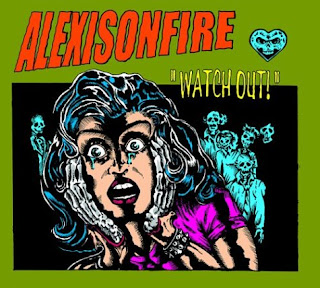


- Rock as a counterculture movement (1963-1974)
- The mid to late 70s
- Rock diversifies in the 1980s
- Alternative goes mainstream (Early-mid 1990s)
- Success of hybrid genres
- Present day (2000-present)














Madonna Louise Veronica Ciccone of Ritchie (b. August 16, 1958).
Better known as Madonna, is a singer, composer and producer of American pop music and dance primarily. He has worked on a more intermittent as an actress, fashion designer and writer, and has recently made his debut as film director. Nicknamed as "The Queen of Pop" (The Queen of Pop) U.S., is a popular international icon of the past three decades, a point that even his detractors acknowledge him. It's a rock star [1] known for reinventing her image, by ambition, innovation and provocation in their music videos and shows, and also because of its controversial and personal use of symbols by political, religious and sexual along their career.




 Consequently music must have been in existence for at least 50,000 years and the first music must have been invented in Africa and then evolved to become a fundamental constituent of human life.
Consequently music must have been in existence for at least 50,000 years and the first music must have been invented in Africa and then evolved to become a fundamental constituent of human life.Rock-and-Roll (räk'n roll') n. first so used (1951) by Alan Freed, Cleveland disc jockey, taken from the song "My Baby Rocks Me with a Steady Roll". The use of rock, roll, rock and roll, etc., with reference to sexual intercourse, is traditional in blues, a form of popular music that evolved in the 1950's from rhythm and blues, characterized by the use of electric guitars, a strong rhythm with an accent on the offbeat, and youth-oriented lyrics.
A form of popular music arising from and incorporating a variety of musical styles, especially rhythm and blues, country music, and gospel. Originating in the United States in the 1950s, it is characterized by electronically amplified instrumentation, a heavily accented beat, and relatively simple phrase structure.



